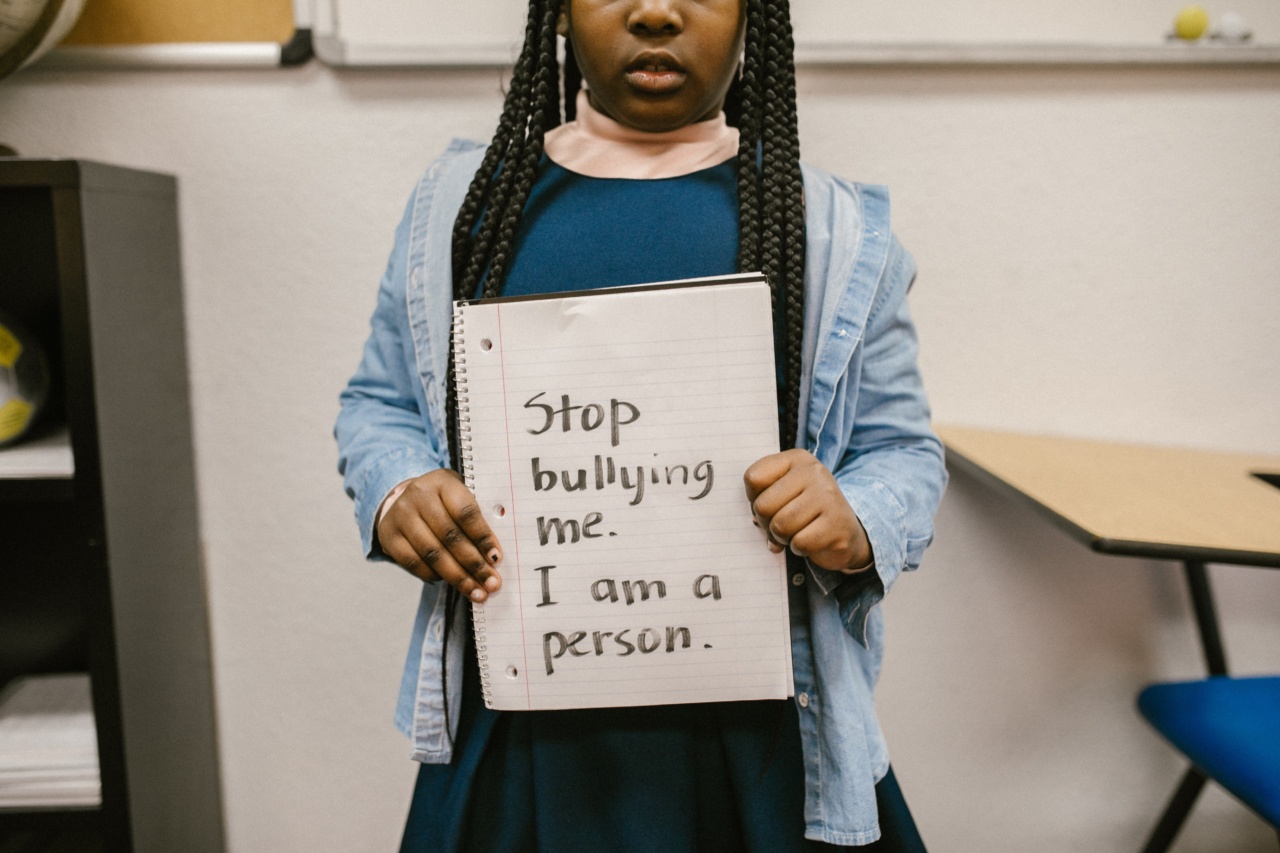As parents, our words have a profound impact on our children’s development and self-esteem. It is important for us to be mindful of the messages we send through our language.
There are certain things we should never say to our children, as they can have long-lasting negative effects. In this article, we will explore 13 statements that should be avoided in order to foster a healthy and positive relationship with our children.
“You’re a Failure”
Using the word “failure” can severely damage a child’s self-esteem and discourage them from trying new things. Instead, we should focus on praising their efforts and encouraging them to learn from their mistakes.
“You’re Stupid”
Calling our children “stupid” can have a lasting impact on their self-worth and confidence. It is essential to support their learning process and address any challenges they may face with patience and understanding.
“I Wish You Were More Like Your Sibling”
Comparing our children to their siblings can breed jealousy and create a sense of inadequacy. Each child is unique, and it is crucial to celebrate their individual strengths and talents.
“You Always Mess Everything Up”
Labeling our children as constantly making mistakes can make them feel incompetent. It is important to recognize their achievements and guide them in finding solutions rather than focusing on their failures.
“You’ll Never Amount to Anything”
Discouraging a child by telling them they will not achieve anything is incredibly detrimental to their motivation and self-belief. Instead, we should provide encouragement and support their aspirations.
“You’re Such a Disappointment”
Expressing disappointment can deeply hurt a child’s self-esteem and mental well-being. It is essential to communicate our expectations in a constructive and understanding manner.
“You’re Fat” or “You’re Ugly”
Body image issues can stem from negative comments about a child’s appearance. We must promote body positivity and focus on their overall health and well-being rather than their physical appearance.
“I Don’t Care About Your Feelings”
Neglecting a child’s emotions can lead to emotional distress and feelings of worthlessness. It is crucial to create a safe space for them to express their feelings and validate their experiences.
“You’re Not Trying Hard Enough”
Pressuring a child and implying they are not putting in enough effort can be demoralizing. Instead, we should encourage perseverance and provide guidance and support when they face challenges.
“You’re Such a Bad Kid”
Labeling a child as “bad” can reinforce negative behavior and damage their self-image. It is important to address and correct problematic behaviors while emphasizing their inherent goodness.
“You’ll Never Understand”
Dismissing a child’s thoughts and feelings can lead to a breakdown in communication and hinder their emotional development. We should strive to listen actively and empathize with their experiences.
“I Give Up on You”
Expressing a lack of belief in our children can shatter their self-confidence and discourage them from pursuing their goals. Instead, we should be their biggest cheerleaders and provide unwavering support.
“You’re Wasting Your Potential”
Highlighting a child’s perceived wasted potential can create immense pressure and anxiety. Instead, we should help them explore their interests and guide them towards fulfilling their true potential.
Conclusion
Our words have tremendous power, and as parents, it is our responsibility to uplift and inspire our children through positive and encouraging language.
By avoiding these 13 harmful statements, we can cultivate a nurturing environment that fosters their growth, self-esteem, and emotional well-being.






























